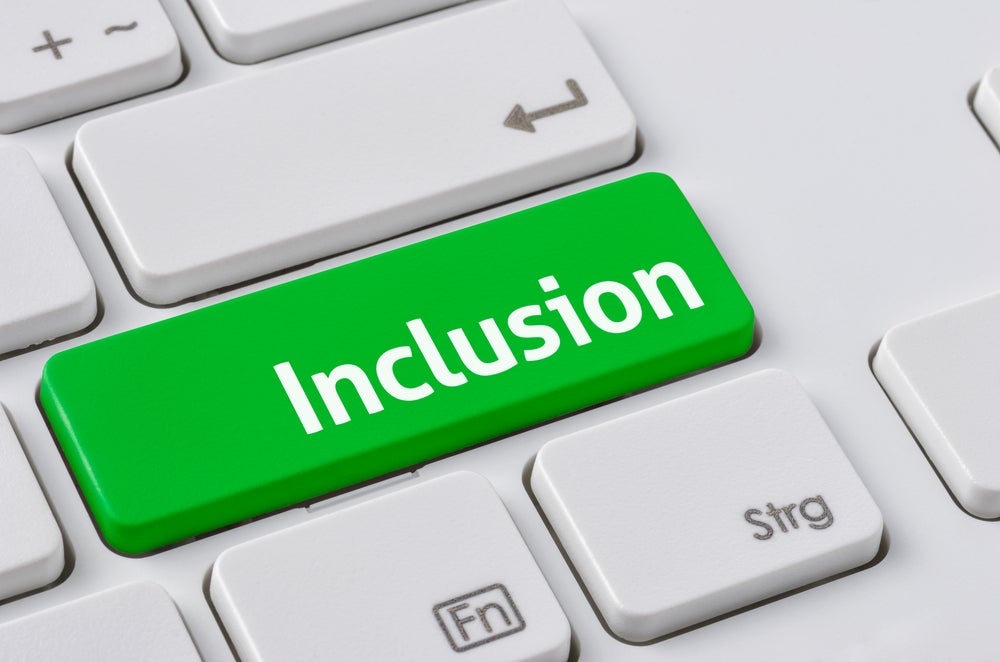
Tokyo 2020 will be the first Olympics in which an openly trans athlete will compete, even though trans athletes have been able to take part since 2004. International sporting events have a responsibility to ensure fairness in competition and promote and protect the rights of trans athletes across the globe.
In 2004, the International Olympic Committee (IOC) required that athletes transition fully. In 2015, they loosened the guidelines, recognizing the difficulties trans athletes face, particularly those from countries where gender reassignment surgery is illegal.
Laurel Hubbard, a high-profile New Zealand trans athlete, has received criticism from fellow athletes after the announcement in early 2021 that she would participate in the women’s weightlifting competitions at the Tokyo Summer Olympics. Republican candidate for governor of California and Olympic gold medalist Caitlyn Jenner came out against the inclusion of trans athletes in competitive women’s sports. Former Olympic swimmer Sharron Davies also spoke out against the participation of trans athletes in women’s Olympic competitions.
Those opposed to the participation of trans women cite issues of fairness, referencing biological differences between male and female bodies. Public opinion is split on this issue. According to a Gallup poll, 62% of Americans believe trans athletes should only be allowed to participate in sports teams corresponding with their assigned gender at birth.
The issue is also political. Anti-trans bills in the US directly impact trans athletes. Earlier this month, Florida became the latest US state to ban transgender girls and women from participating in female sports at public schools and colleges. 30 US states have pending legislation which would exclude trans girls and women from participating in group sports under their preferred gender.
A question of testosterone
Previous examples of professional athletes also suggest that trans athletes may not necessarily enjoy a biological advantage. 28-year-old Megan Youngren, a trans woman, finished in 200th place in qualifying for the 2020 US Olympic marathon team. Chris Mosier, a trans man, qualified for the World Duathlon Championships in 2016 while competing against biologically born male athletes.
How well do you really know your competitors?
Access the most comprehensive Company Profiles on the market, powered by GlobalData. Save hours of research. Gain competitive edge.

Thank you!
Your download email will arrive shortly
Not ready to buy yet? Download a free sample
We are confident about the unique quality of our Company Profiles. However, we want you to make the most beneficial decision for your business, so we offer a free sample that you can download by submitting the below form
By GlobalDataAnti-trans sentiment also shifts the goalpost of what is acceptable biological variation among athletes. For example, South African middle-distance runner Caster Semenya – a two-time Olympic gold medallist in the women’s 800-meters – has been targeted by athletics’ governing body because differences in sex development mean she has higher levels of testosterone than the average woman.
Following her wins, the World Athletics changed the rules on acceptable testosterone levels for international competition for all races between 400m and one mile. Female athletes with similar levels to Semenya would have to take medication to reduce their testosterone.
The IOC’s trans guidelines are too restrictive
According to IOC guidelines, for trans women to compete as women, they need to demonstrate that their ‘total testosterone level in serum has been below 10 nmol/L for at least 12 months prior to her first competition.’ The athlete must also declare their preferred gender identity and be unable to change this for a minimum of four years.
Tokyo 2020 will trailblaze the inclusion of trans athletes in the Olympic Games and could potentially shift public opinion on how these athletes can compete in future events. The IOC guidelines ultimately need to protect the spirit of fair competition while also protecting the rights of trans athletes.






